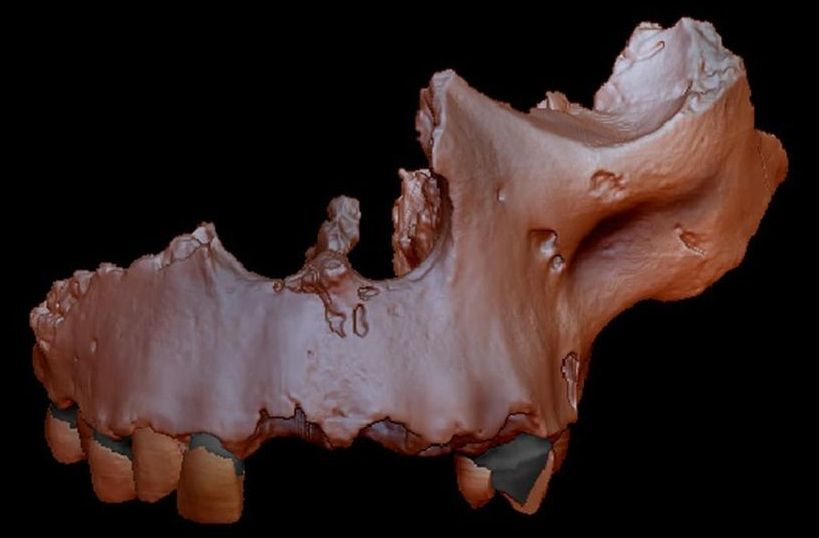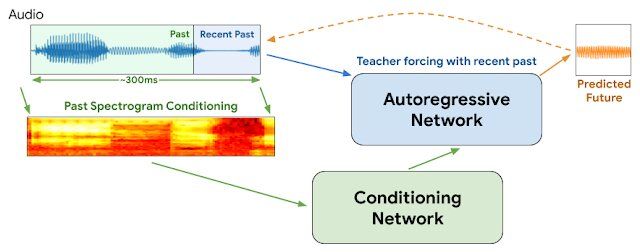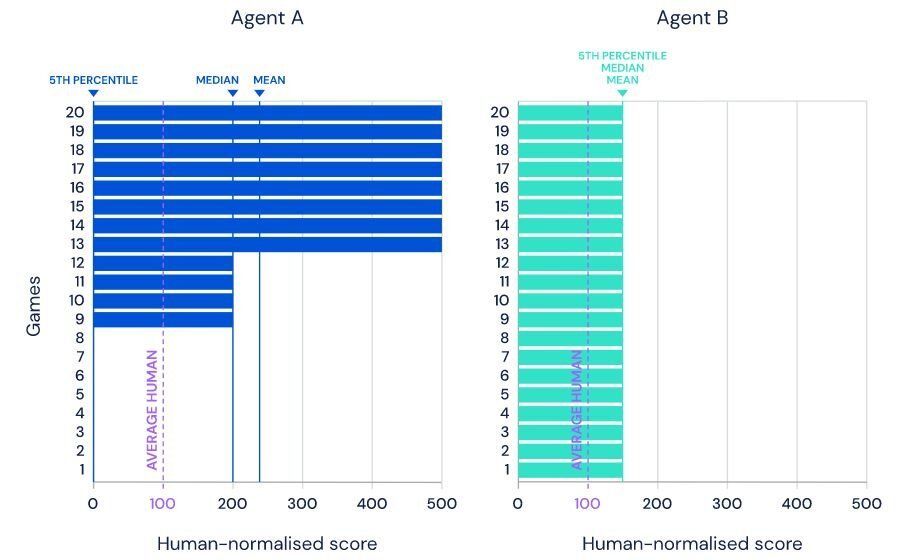Apr 6, 2020
Ancient tooth proteins reveal our relation to mysterious human species
Posted by Quinn Sena in categories: biotech/medical, evolution
It’s hard to piece together the full history of human evolution from piles of old bones. But now, scientists have made use of a new method to study proteins in dental enamel of an 800,000-year-old human species, helping place it in the family tree.
Although Homo sapiens is the only human species still alive today, the road to get here is paved with extinct relatives. And untangling how they’re all related to each other is a task that scientists continue to wrestle with. The timeline is usually determined through various dating processes, both on the bones themselves and the sediment layers they’re found in. Relationships between species are then determined from this timeline, and by examining the structures and features of the bones to track the progress of evolution.
For the new study, researchers at the University of Copenhagen have used a new tool called palaeoproteomics to get a more precise picture. This involves sequencing proteins from ancient remains, and it works on samples that are far too old to have intact DNA. In this case, the team applied it to the 800,000-year-old teeth of a mysterious, archaic human species called Homo antecessor.


















